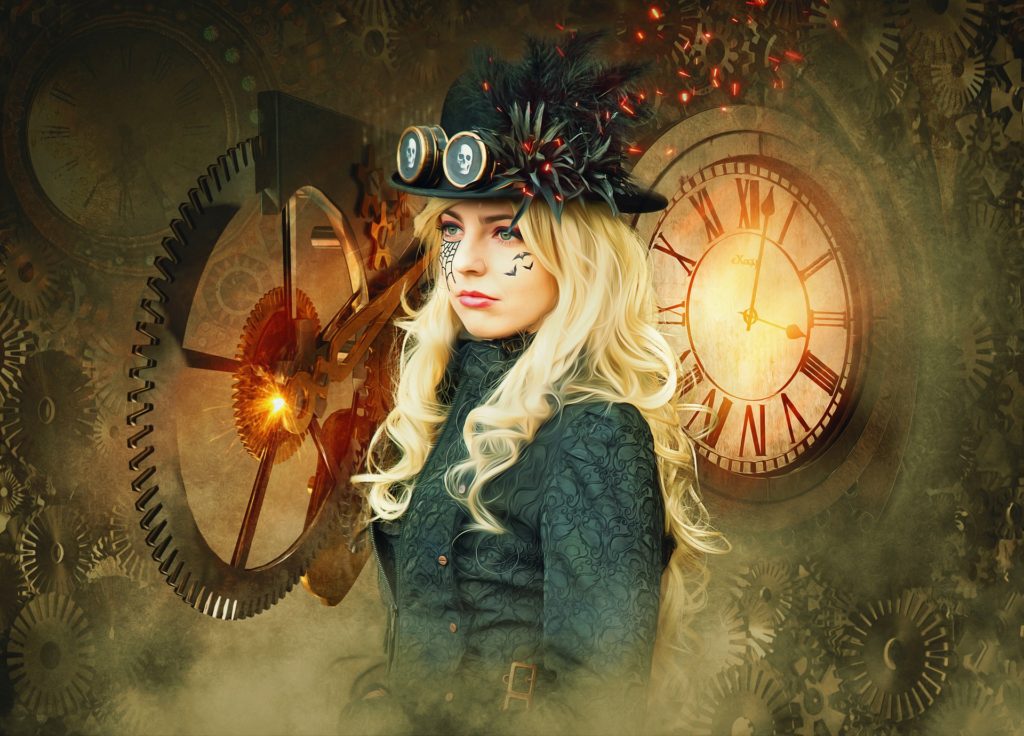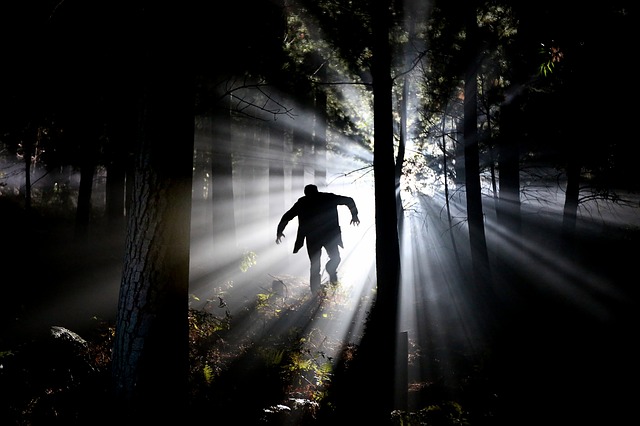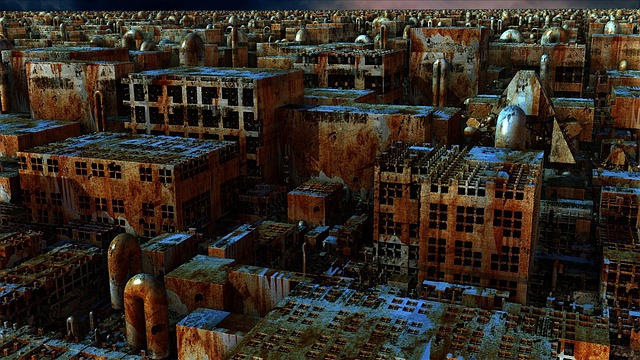Categorizing a work of fiction might initially seem like an easy task. There doesn’t seem to be anything complicated about, say, Stephen King’s The Shining. It is a horror novel; just as Bram Stoker’s Dracula belongs to the Gothic genre (kind of; more about it in a moment), or C. L. Moore’s “Vintage Season” to the science fiction genre. But there is a vast number of works that seem to be awkwardly placed in the no-man’s-land between genres. What would, then, be the differences between Gothic and horror fiction? Or Gothic and science fiction?
The question might initially seem pointless to you. Surely, one might say, the differences between Gothic and science fiction novels are huge. However, that’s not true. As Brian Aldiss has argued, science fiction is “characteristically cast in the Gothic or post-Gothic mode” (1986, 25). In other words, both science fiction and the Gothic deep down use similar conventions and are predicated on similar fears.
Mary Shelley’s Frankenstein, one of the most famous works of the Gothic canon, is also considered to be the first science fiction novel – and for good reason. How would you categorize Frankenstein? Is it a Gothic novel, a horror novel, or a science fiction novel? And why?


